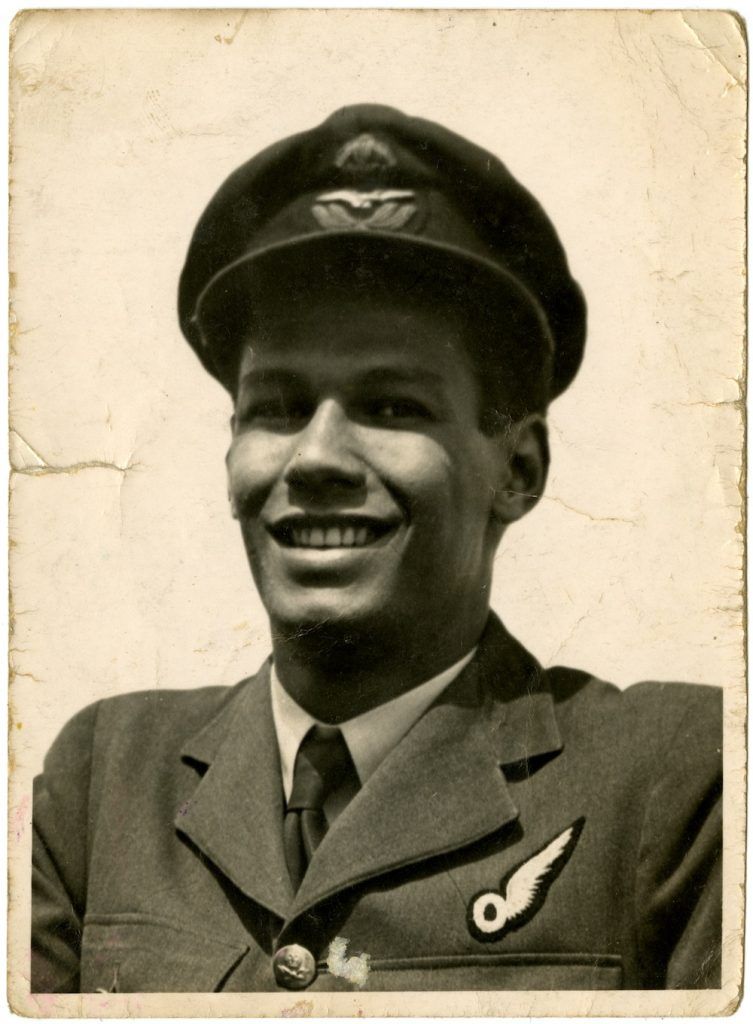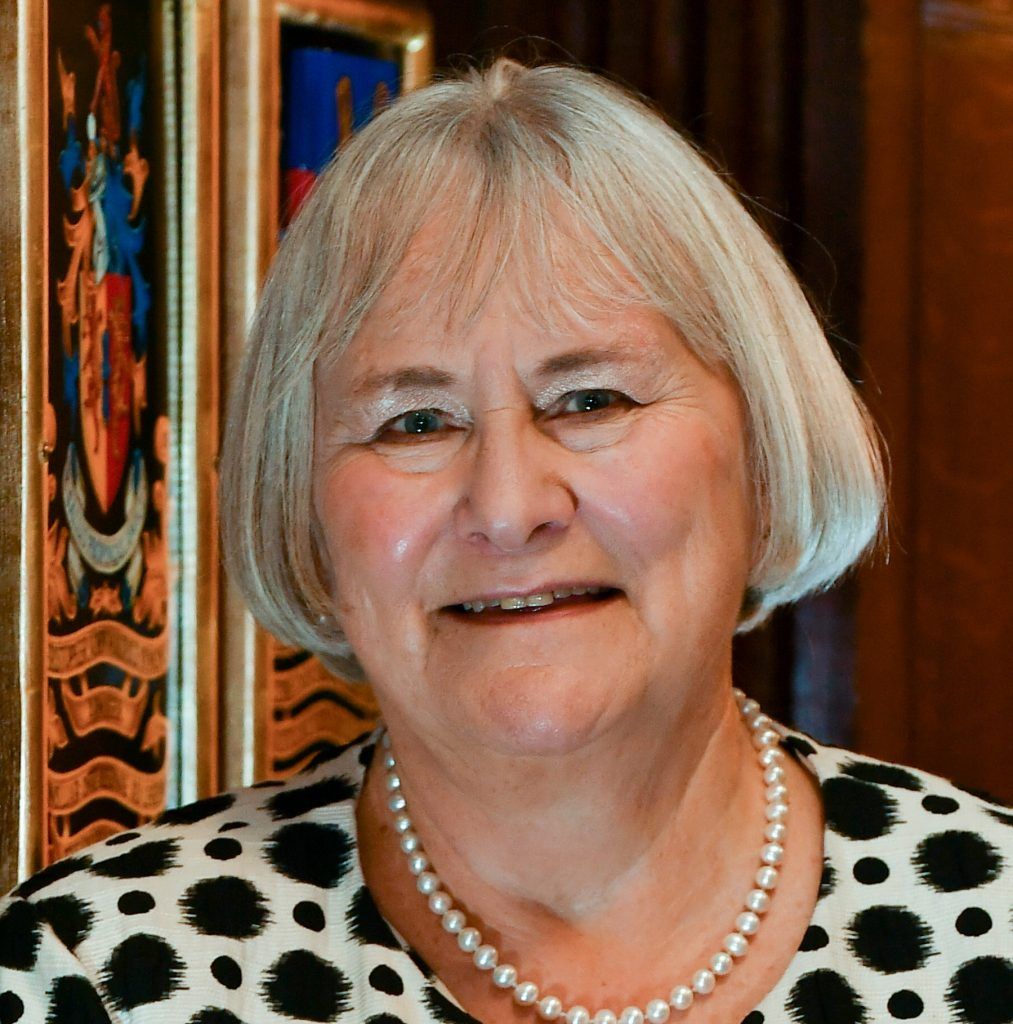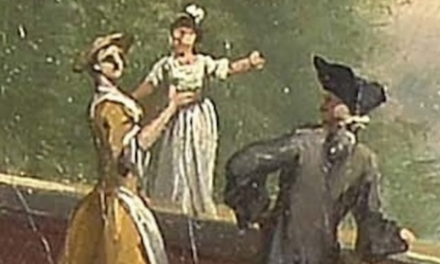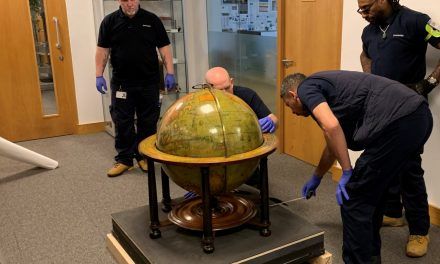Who remembers … Cy Grant?
It is now hard to believe that in the early days of television in the UK broadcast hours were limited by the Postmaster-General. By 1956, when only BBC TV and ITV were operating (one channel each), the BBC was limited, on weekdays, to broadcasting between 09:00 and 23:00, provided that no more than two hours of television were broadcast before 13:00, and that no television at all was broadcast between 18:00 and 19:00. The latter rule was known as ‘the toddler’s truce’ – its aim apparently was to fool children into thinking that TV had ended for the day in the hope that they would go to bed (fat chance in my personal experience).
In 1957 all that changed when the toddler’s truce was abolished. From February that year the BBC launched on weekdays in that slot the original Tonight, a current affairs programme presented by Cliff Michelmore, broadcast live: it covered arts, sciences, topical events as well as all forms of news – a mixture of the serious and the light hearted. It ran for over eight years and there was quite a lot of disappointment when it stopped. I was devoted to it. It launched the careers of many a well-known presenter, such as Alan Whicker, but more importantly for us it daily featured for over three years topical calypsos sung by Cy Grant, a Middle Templar since 1946 and by his own admission the first black person to be featured regularly on television in the UK.
Cyril Ewart Lionel Grant (1919 – 2010) was born in what was then called British Guiana, now Guyana. He was one of seven children; his father was a Moravian minister and his mother a music teacher. His childhood was a happy one and he did well academically. On leaving high school he worked in the office of a stipendiary magistrate, but his parents could not afford to fund him to study law.

In 1941 he joined the Royal Air Force. During the war just under 500 men from the Caribbean were recruited into the RAF as aircrew. Cy had thought he might become a pilot, but instead was selected to train as a navigator. In that role he was commissioned as an officer, a Flight Lieutenant, in 1943, one of the few black officers in the RAF during the war. He became a navigator on Lancaster bombers in 103 Squadron, based at RAF Elsham Wolds in Lincolnshire. In June 1943, on his third mission in the Battle of the Ruhr, he was forced to bail out over the Netherlands when his aircraft was hit (two of the crew were killed). He was initially looked after by a Dutch family (there was a reunion with Cy over 60 years later), but was handed over to the Germans by the village policeman and sent to the infamous Stalag Luft III camp as a prisoner of war; he spent most of his confinement at the camp for British officers at Belaria, a few kilometres away. The Germans dubbed him a man ‘of indeterminate race’ – hence the title of his memoir A Member of the RAF of Indeterminate Race (Woodfield, 2006) in which he describes his background, his experiences in the RAF and as a POW, and especially the long march westward through the appalling winter of 1944/45, finally being overtaken by the Russians and eventually returning to the UK.
Cy is very clear in his memoir that personally he never experienced any racism in the RAF, though he was later to realise that back in the UK he was regarded as an outsider. His memoir is dedicated firstly to the many West Indian and West African members of the RAF who distinguished themselves in the war but are now largely forgotten. One was another member of the Inn – Flight Lieutenant Johnny Smythe MBE (1915–1996) from Sierra Leone who was later to have a distinguished legal career, not least as attorney general of Sierra Leone. The second dedication is to the members of his crew in recognition of the strong bond forged between them, and to the 11 members of his POW mess. The dedications continue:
The most striking part of this chapter of my life story is that in the midst of the trauma and destruction of war, we find the making and resolution of a personal tragedy in Holland, the formation and lasting bond between Canadian and West Indian and English and Dutch, forged in the skies over Germany, and a relevant and compelling comment on the racial attitudes of the time and how it affected and continues to affect my entire life.
Towards the end of his life the Bomber Command Association honoured Cy as an ‘inspirational example’ of service in one of two world wars, but he died shortly before the ceremony at the House of Lords – instead his younger daughter accepted the plaque in commemoration.
After the war Cy decided to pursue his original dream to study law. He was admitted to Middle Temple on Wednesday 30 January 1946, aged 26. He was by no means the first student to be admitted from Guyana – students had been admitted from there as early as 1863, though it can be challenging to determine ethnicity from our records.
The Inn’s papers relating to Cy include a character reference from the magistrate with whom he had worked before joining the RAF. The Inn also has papers relating to the three year grant he was awarded under the Colonial Scheme for Further Education and Vocational Training; it seems to have been a generous grant, covering all fees, including correspondence courses with Gibson and Weldon (forerunner of the College of Law), a grant for the first six months of pupillage and maintenance grants covering term and what were called ‘vacational’ expenses. In return the Inn was asked to send a report on progress each term, but these, if ever completed, no longer exist.
Indeed, there are no records about his time as a student at the Inn, but we do know that he obtained a conditional pass in the Michaelmas Bar Finals of 1949, completed Finals in December of that year and was called in Hilary Term 1950.
The Guardian’s obituary of Cy Grant notes that he struggled to get work as a barrister and quotes him as saying that ‘this was Britain in peacetime and I was no longer useful’. Life in 1950s Britain was no doubt a great struggle. Instead he took up acting; his Wikipedia entry suggests that he saw acting as a way to improve his diction for the Bar, so perhaps he did not give up hope completely; indeed, he did make a brief return to a career to the Bar in 1972 but rapidly became disillusioned. Acting is of course a precarious life (in fact he found work in Laurence Olivier’s Festival of Britain company and went on to have a successful acting career) so he supplemented his earnings by singing and playing the guitar in revues and at nightclubs (it was in a nightclub that he met his wife Dorit, a Czech whose entire family had been lost in the Holocaust). Thus it was that each night on the Tonight programme he ‘sang’ the news in a topical calypso, with the words often suggested by people like Bernard Levin but very much put together by Cy himself.
Today Cy Grant is known as an actor, musician, writer poet, activist for the promotion of black artistic talent. Sadly connection with this Inn is all but forgotten. But it is as the brilliant, funny, good looking calypso singer on Tonight that he will always be remembered by my generation, and certainly by me.
With grateful thanks to Barnaby Bryan, the Inn’s archivist, and to my friend Kevin Cooper whose research into little known wartime aircrew first drew my attention to Cy Grant’s connection with Middle Temple.

Master Marilynne Morgan, a Bencher since 2002, has sat on the Executive, Estates and Finance Committees, and was the last Chair of the Catering Committee before becoming the first and last Master of the Kitchen; her term as Trustee of the Scholarship Funds ends this year. She was Lent Reader in 2012. She spent her career in what was then the Government Legal Service, latterly as Legal Adviser to major government departments.



